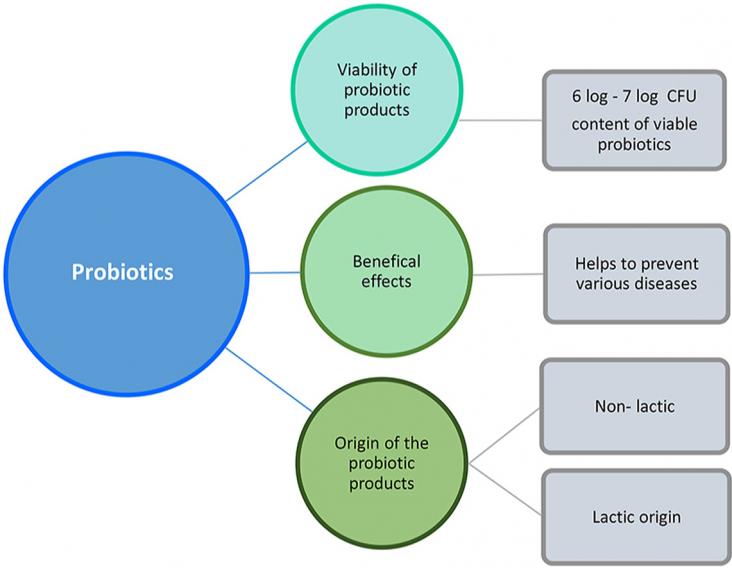
Foods with probiotics are in high demand by consumers given their associated health properties that make them the most popular functional foods.
Major challenges faced by the human population in recent times include population increase, resource depletion and deterioration of environmental quality.
In view of all kinds of sustainability concerns related to our current diet, it is essential to gain a good understanding of the sustainability motives consumers have for selecting their food.
In view of all kinds of sustainability concerns related to our current diet, it is essential to gain a good understanding of the sustainability motives consumers have for selecting their food.

